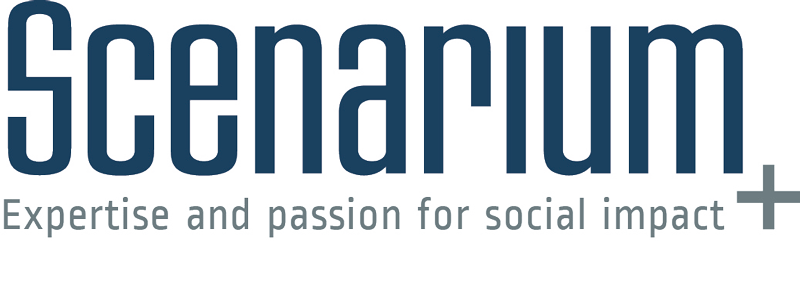Bangladesh’s ready-made garment (RMG) sector is an economic powerhouse, contributing significantly to the nation’s GDP. With around four million workers, of which 80% are women, it’s a crucial sector for employment and export revenue. However, tragic incidents like the Rana Plaza collapse in 2013 have highlighted the urgent need for enhanced worker safety standards.
In response to the safety concerns, the Accord on Fire and Building Safety in Bangladesh was established. This initiative, coupled with continuous support from the International Labour Organization (ILO) and international partners, has catalyzed efforts to improve working conditions, building safety, and workers’ rights.
Within this framework, on behalf of the German Federal Ministry of Economic Cooperation and Development (BMZ), GIZ embarked on a project to enhance occupational health and safety standards in 80 factories across Dhaka and Chattagram, employing over 180,000 workers. These factories aim to align their OHS management systems with the internationally recognized ISO 45001 standard, with GIZ providing coaching, training, and advisory support.
Scenarium undertook a cost-benefit analysis, examining the implications of implementing these OHS standards from the perspective of individual factories in the RMG sector. Our study provides valuable insights into the investments needed and the potential returns in terms of worker safety, productivity, and long-term sustainability.
Discover the costs, benefits, challenges, and opportunities tied to implementing comprehensive OHS management in Bangladesh’s RMG sector.



